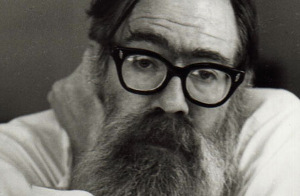A Quote by Rita Dove
Related Quotes
We re-make nature by the act of discovery, in the poem or in the theorem. And the great poem and the deep theorem are new to every reader, and yet are his own experiences, because he himself re-creates them. They are the marks of unity in variety; and in the instant when the mind seizes this for itself, in art or in science, the heart misses a beat.
I'm always writing towards a discovery. When I'm writing poems in particular, I'm often writing because a few images coalesced in my mind and I thought, "I wonder why these images are abrading against each other. I wonder what happens if put them in a poem and explore them." I'm trying to learn something every time I write a poem.
I started out in graduate school to be a fiction writer. I thought I wanted to write short stories. I started writing poems at that point only because a friend of mine dared me to write a poem. And I took the dare because I was convinced that I couldn't write a good poem... And then it actually wasn't so bad.
If you're angry, you don't have to write a poem dealing with the cause of your anger. But it needs to be an angry poem. So go ahead... write one. I know you're at least a little bit angry with me. And when you're done with your poem, decipher it as if you'd just found it printed in a textbook and know absolutely nothing about its author. The results can be amazing...and scary. But it's always cheaper than a therapist.
I never think of my audience when I write a poem. I try to write out of whatever is haunting me; in order for a poem to feel authentic, I have to feel I'm treading on very dangerous ground, which can mean that the resulting revelations may prove hurtful to other people. The time for thinking about that kind of guilt or any collective sense of responsibility, however, occurs much later in the creative process, after the poem is finished.



































